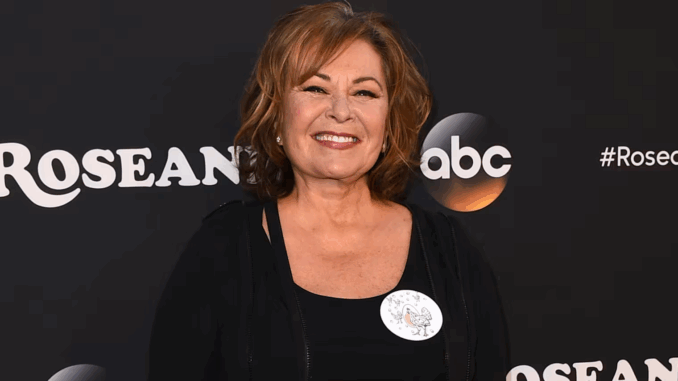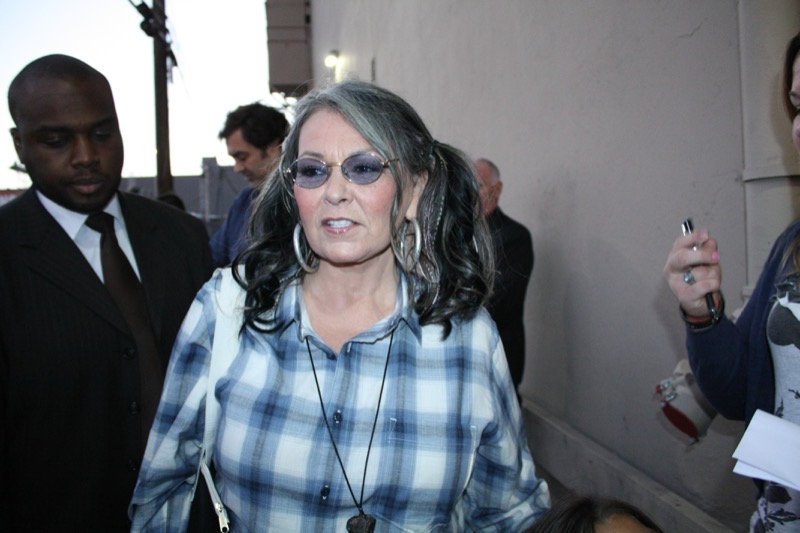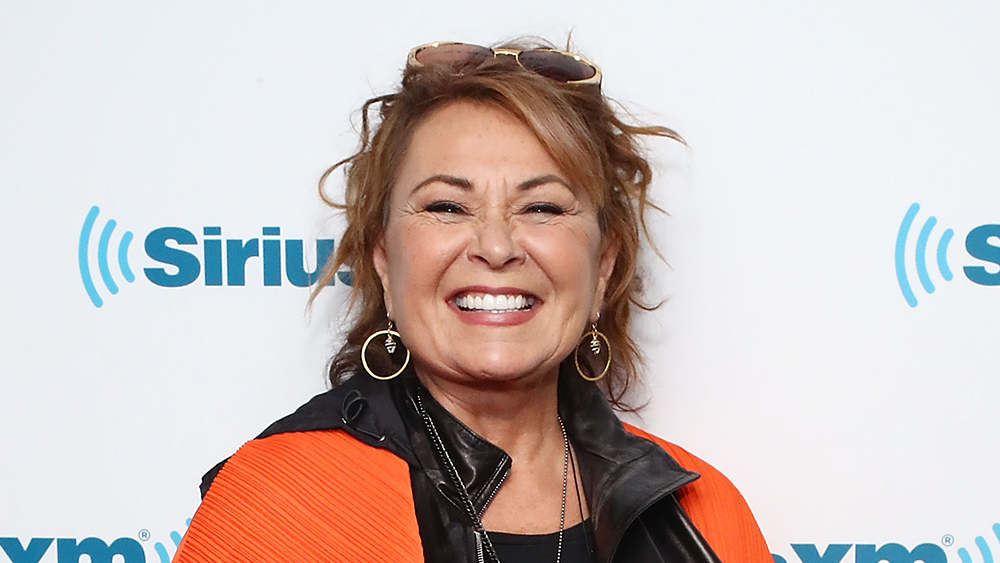
Roseanne Barr is back in the conversation. After being dismissed from Roseanne in 2018, she’s now plotting a reboot—or rather, a new show—that doesn’t shy away from provocation. Think guns, the Bible, swearing, political jabs, and plenty of controversial humor. Does the world need this? Is it just another publicity stunt? Let’s unpack what we know so far, why it’s causing a stir, and what this might mean for television, culture, and the audience.
1. What Is Roseanne’s New Show All About?
1.1 The Premise
Roseanne Barr is creating a comedy series (co‑written with Allan Stephan) centered around a family in Alabama. This family aims to “save America” using a curious toolkit: guns, the Bible, petty crime, and alcohol. They live on a farm, sell drugs (yes, including cannabis and magic mushrooms), and push the envelope with both content and tone.
1.2 Tone and Format
Barr describes the show as “silly and out there,” full of offensive ideas and heavy swearing. She likens it to a cross between The Roseanne Show and The Sopranos, with a bit of Coen brothers style in its absurdity. It will likely span four to six episodes, following a shorter format more common in UK‑style comedies.

2. Why the Bible & Guns? What’s Behind the Sensational Elements
2.1 Cultural Symbols Turned Dramatic Tools
Using the Bible and guns in a show is like waving red flags in front of a bull. These are loaded symbols in American culture. By pairing them with humor, crime, and alcoholism, Barr seems to be leaning into culture wars. Viewers will likely interpret these symbols through their lenses—faith, patriotism, fear, or skepticism.
2.2 Reflecting Political Divides
Roseanne has publicly aligned herself with conservative and populist perspectives. Her original show and its revival were already heavily political. This new project seems to double‑down: the idea of “saving America” suggests a worldview and an audience. She even said she won’t work with ABC again and might produce the show herself.
3. Controversial Content: Humor, Swearing & Offensive Ideas
3.1 Offense as Entertainment
Roseanne promises “very offensive ideas.” Some will find them funny. Others, distasteful or dangerous. This approach walks a tightrope: either it resonates with a niche that feels unrepresented, or it alienates mainstream viewers.
3.2 Swearing, Violence & Taboo
The show aims to include profanity, drug use, guns, alcohol, perhaps depictions of crime. These are taboo or controversial in many circles. Barr seems to want no filters—to provoke, to challenge, perhaps to shock.
4. Where the Bible Fits In
4.1 Faith and Identity
For many viewers, the Bible is identity, morals, or community. Using it in a provocative comedy is risky—it can feel like respect or mockery, depending on the writing. Barr is setting up a tension: combining religious imagery with vice, comedic exaggeration, and criticism.
4.2 Satire or Sermon?
Is the show going to mock religion, or use faith as a lens to examine modern America? The difference will matter. If the Bible is only there as shock value, many will balk. If it’s part of a complex portrayal of faith, hypocrisy, and hope, the show may gain nuance that critics respect.
5. The Role of “Patriotic Humor” & Populist Themes
5.1 “Saving America” as a Rallying Cry
Barr’s pitch includes saving the United States from drug gangs, foreign threats, etc. That’s very patriotic rhetoric. The show might appeal to people who feel disenfranchised, who feel mainstream media doesn’t reflect their views or struggles. It hints at class, rural life, conservative politics.
5.2 Working‑Class Perspective
Barr has said that she believes that what Hollywood is doing doesn’t always align with what regular viewers want to see. Her idea is to amplify working‑class voices, which often feel ignored. The farm setting, alcohol, guns, Bible – these are markers of a lifestyle she wants to represent.

6. Potential Conflicts & Risks
6.1 Network Hesitation
ABC fired Barr in 2018 after a tweet. The relationship is clearly bruised. She says she wouldn’t go back to ABC. Other networks or streaming platforms may be wary of backlash. The content may scare off advertisers.
6.2 Offending Too Many People
When the Bible, guns, swearing, drugs, and politics all collide, offense is almost guaranteed. Some viewers will embrace it. Others will boycott. There’s a fine line between stirring debate and osctracizing your audience.
6.3 Legal, Cultural & Social Pushback
Expect discussions about censorship, content ratings, and religious sensitivities. The show could also face protests or condemnations, especially if religious groups or gun control activists feel misrepresented or mocked.
7. What Barr Hopes to Achieve
7.1 Breaking Through Censorship
Barr has suggested Hollywood no longer speaks for average Americans. Part of her goal seems to be to cut through what she sees as polite, sanitized entertainment and deliver raw, unfiltered narratives.
7.2 Building an Independent Platform
If no network picks up the show, Barr says she could distribute it herself, possibly via her own website. She seems ready to bypass traditional gatekeepers.
7.3 Provoking Conversation
Even if the show doesn’t reach everyone, it will provoke discussions. About freedom of speech, taste, comedy, religion, politics. In many ways, the controversy is part of the show’s appeal.
8. How Audiences Are Reacting Already
8.1 Skepticism and Criticism
Many people are rolling their eyes. Comments like “this sounds like a MAGA sitcom,” or “shock for shock’s sake” are common. Some critics wonder: is this satire, or just stirring the pot?
8.2 Support from Some Quarters
Some viewers are excited. Working‑class folks, conservatives, or anyone who feels mainstream entertainment doesn’t reflect their life, see Barr as one who’s willing to say what others won’t. They see authenticity, even if it’s messy.
9. What This Could Mean for TV & Culture
9.1 More Boundary‑Pushing Content?
If Barr succeeds, networks might loosen up restrictions around profanity, religion, and politics in comedy. We might see more shows that are explicitly political or explicitly controversial.
9.2 Fragmented Audiences
Some viewers will gravitate to her version of TV; others may reject it outright. This could further polarize viewership: “if you aren’t offended, you aren’t watching”—or something like that. Audiences are already more segmented.
9.3 Reflection of Broader Social Tensions
This show is a microcosm of larger cultural battles—religion, gun rights, freedom of speech, identity. It’s not just entertainment; it’s also commentary. And people will read into it accordingly.
Roseanne Barr’s reboot plans are bold, raw, and unapologetic. Guns, the Bible, profanity, and controversial humor are at the heart of this attempt to jolt mainstream television. The project places itself squarely in culture wars territory: it’s meant to divide, to provoke, to make people uncomfortable—and perhaps that’s the point. Whether it will be embraced, rejected, or somewhere in between remains to be seen. What’s clear is that Roseanne isn’t trying to play it safe. She’s trying to make something that matters to a certain audience—and in doing so, she might be pushing television into a new kind of chaos.
